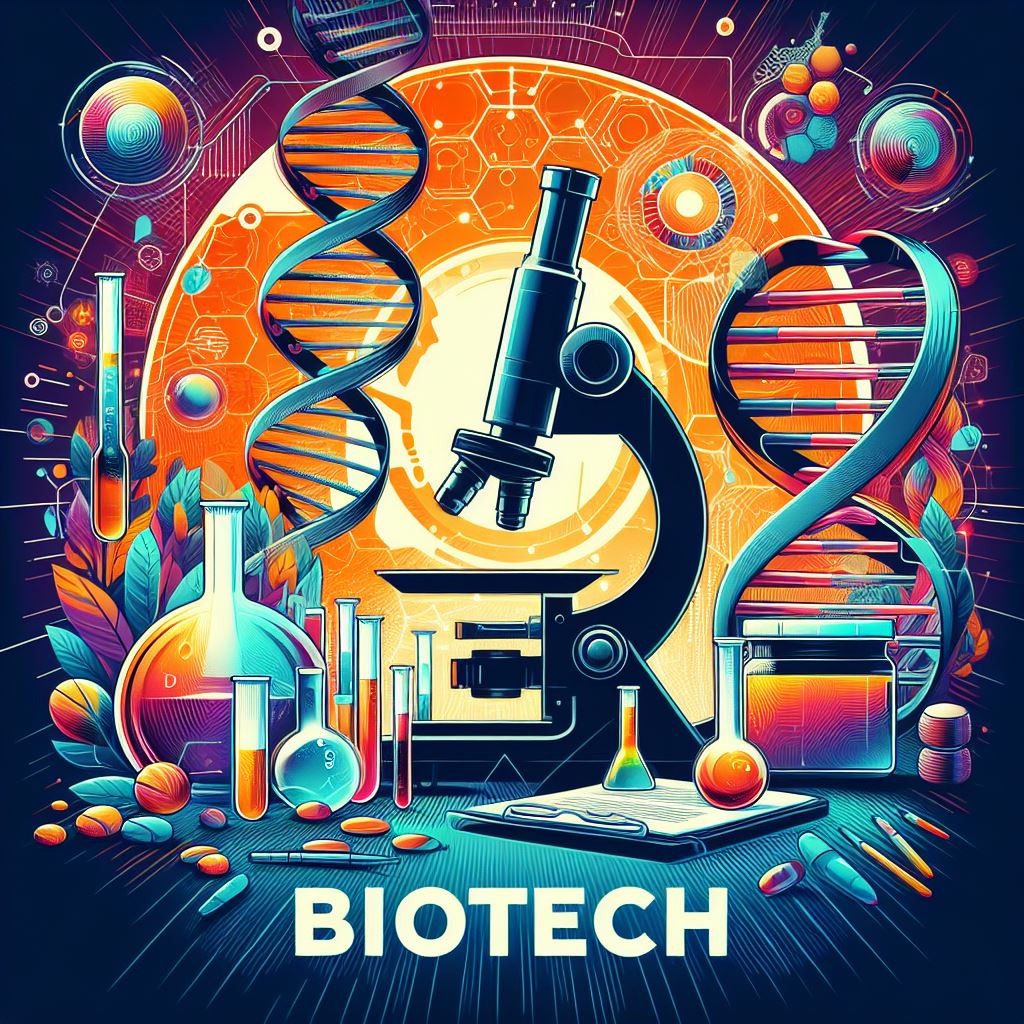Who is a digital health futurist?
Digital health has become an integral part of our everyday existence. From morning till night, we rely on digital technology to monitor and manage our well-being, seamlessly integrating it into our daily routines. A digital health futurist is an individual who specializes in predicting and envisioning the future of healthcare in the context of digital technologies.
What do they do?
They analyze emerging trends, technological advancements, and the impact of digital tools on healthcare delivery, patient care, and overall wellness.
- Digital health futurists often work at the intersection of healthcare, technology, and innovation.
- They may examine how artificial intelligence (AI), machine learning, telemedicine, wearable devices, virtual reality, and other digital solutions can transform healthcare systems and improve patient outcomes.
- Their role involves assessing the potential benefits and challenges associated with implementing these technologies, as well as exploring the ethical, legal, and regulatory implications of their use.
- Digital health futurists may offer insights, strategic guidance, and thought leadership to healthcare organizations, government agencies, technology companies, and other stakeholders.
- They may also contribute to research, publish articles, and speak at conferences to share their visions of the future and drive discussions on the digital transformation of healthcare.
- Your role might involve research, strategic planning, implementation of digital health solutions, and policy advocacy.
- You may work with healthcare organizations, government agencies, technology companies, or innovation centers.
- You could contribute to shaping telemedicine, AI-driven healthcare, wearable devices, and other innovative technologies that enhance patient outcomes and revolutionize healthcare delivery.

How do I become a Digital Health Futurist?
There is no predefined education path to become a digital health futurist since it’s a relatively new and interdisciplinary field. However, there are several educational paths and areas of study that can provide a strong foundation for a career as a digital health futurist. Here are some common educational routes:
- Healthcare-related degree: Pursuing a bachelor’s or master’s degree in a healthcare-related field, such as medicine, nursing, public health, health informatics, or health administration, can provide a solid understanding of the healthcare industry, its challenges, and its evolving landscape.
- Technology-related degree: A degree in a technology-related field, such as computer science, biomedical engineering, data science, or information technology, can equip you with the technical skills and knowledge necessary to understand and work with digital health technologies.
- Interdisciplinary degrees: Some universities offer interdisciplinary programs specifically focused on digital health, health innovation, or health technology. These programs combine elements from healthcare, technology, business, and policy to provide a comprehensive understanding of the field.
- Continuing education and certifications: Digital health is a rapidly evolving field, so it’s essential to stay updated on the latest trends and developments. Consider attending workshops, conferences, and online courses that focus on topics like health technology, healthcare innovation, data analytics, and digital transformation in healthcare. Additionally, there are certification programs available in areas such as health informatics, telemedicine, or healthcare innovation that can enhance your expertise.
- Gain practical experience: While formal education is valuable, practical experience is equally important. Seek opportunities to work on digital health projects, join healthcare innovation initiatives, or engage in internships and research programs that involve the application of digital technologies in healthcare settings. This hands-on experience will provide insights into real-world challenges and help you develop the skills required to analyze and shape the future of digital health.
Can a Brain Assessment Test Guide my career decision?
A brain assessment test may provide insights into your cognitive abilities, strengths, and areas of interest, but it cannot definitively tell you if you should choose a specific career path like becoming a digital health futurist. Career decisions are complex and depend on various factors beyond cognitive abilities alone, such as personal interests, values, skills, and opportunities.
While a brain assessment test can offer information about your cognitive aptitudes, it’s essential to consider other aspects when making career choices. Here are some steps you can take to determine if a digital health futurist career path aligns with your interests and aspirations:
- Research the field: Learn more about digital health, its applications, and the role of a digital health futurist. Explore the latest trends, technological advancements, and the potential impact on healthcare. This research will help you understand if the field resonates with your interests and values.
- Self-reflection: Consider your own strengths, skills, and interests. Reflect on whether you have a passion for healthcare, technology, innovation, and envisioning the future. Assess if you enjoy exploring emerging trends and their potential impact on healthcare systems.
- Network and seek insights: Connect with professionals working in the digital health field, including digital health futurists if possible. Engage in conversations, attend industry events, and seek mentorship opportunities. Hearing firsthand experiences and gaining insights from experts can provide valuable guidance and help you determine if the career path is suitable for you. Read about Maneesh Juneja – Digital Health Futurist – Maneesh Juneja
- Gain relevant experience: Seek opportunities to gain practical experience in digital health or related fields. This could involve internships, volunteering, or participating in projects that involve healthcare innovation, technology implementation, or digital health research. Practical experience will provide you with a better understanding of the field and allow you to assess if it aligns with your career goals.
- Continuous learning: Keep yourself updated on the latest developments in digital health by following industry publications, attending webinars, and taking relevant courses. This will help you stay informed and develop the knowledge and skills required for a career as a digital health futurist.

Take aways
- It’s worth noting that the field of digital health is rapidly evolving, and the role of a digital health futurist may vary depending on the specific expertise and interests of the individual.
- Remember that the field of digital health is multidisciplinary, so a combination of healthcare knowledge, technology expertise, and a forward-thinking mindset is valuable.
- Continuously learning, staying updated on industry trends, and networking with professionals in the field will also contribute to your growth as a digital health futurist.
- Remember, career decisions are personal and require careful consideration of your unique skills, interests, and aspirations.
- While a brain assessment test may provide insights, it’s only one aspect of the decision-making process. Engaging in research, self-reflection, networking, gaining experience, and continuous learning will contribute to making an informed decision about your career path.
- If you are passionate about healthcare, technology, innovation, and have a forward-thinking mindset, a career as a Digital Health Futurist could be an exciting and rewarding choice.
- Stay curious, network with professionals in the field, gain practical experience, and continuously educate yourself to stay at the forefront of this rapidly evolving domain.
- Embrace the opportunity to make a significant impact on the future of healthcare!
FAQ (Frequently Asked Questions)
Q1: What is a digital health futurist?
A digital health futurist is a professional who specializes in analyzing and predicting trends and advancements in the field of digital health. They study emerging technologies, data analytics, artificial intelligence, and other relevant factors to forecast how these developments will impact healthcare delivery, patient outcomes, and the overall healthcare industry.
Q2: What does a digital health futurist do?
A digital health futurist researches and identifies emerging technologies and trends in the healthcare industry. They analyze the potential impact of these developments on patient care, healthcare systems, and the overall health landscape. They also provide strategic advice to organizations, policymakers, and healthcare professionals regarding the adoption and implementation of digital health solutions.
Q3: What qualifications are required to become a digital health futurist?
To become a digital health futurist, a combination of educational background and experience in healthcare, technology, and future studies is valuable. While there is no specific degree for this role, a relevant background in fields such as health informatics, healthcare administration, technology, or innovation is beneficial. Additionally, staying up to date with the latest advancements and trends in digital health is crucial.
Q4: How does a digital health futurist impact the healthcare industry?
A digital health futurist plays a significant role in shaping the future of healthcare. By analyzing emerging technologies and trends, they provide insights on how healthcare organizations can adopt and integrate digital solutions to enhance patient care, improve efficiency, and drive innovation. Their guidance helps healthcare providers, policymakers, and industry leaders make informed decisions about implementing digital health strategies.
Q5: What are some key areas that digital health futurists focus on?
Digital health futurists focus on various key areas, including telemedicine and virtual care, wearable health technology, data analytics and predictive modeling, artificial intelligence and machine learning, genomics and personalized medicine, digital therapeutics, healthcare cybersecurity, and patient empowerment through digital tools. They explore how these areas will impact healthcare delivery and transform the patient experience.
Q6: How can digital health futurists help healthcare organizations?
Digital health futurists assist healthcare organizations in numerous ways. They provide insights into the latest technological advancements and emerging trends, helping organizations understand their potential benefits and challenges. They also help develop strategies for implementing digital health solutions, such as telemedicine platforms, remote monitoring systems, or data analytics tools. Their guidance enables organizations to stay ahead in the rapidly evolving healthcare landscape.
Q7: What are some ethical considerations for digital health futurists?
Digital health futurists need to consider several ethical aspects of their work. They must prioritize patient privacy and data security, ensuring that healthcare technologies and systems adhere to applicable regulations and standards. They also need to address concerns regarding the equitable access to digital health solutions, avoiding the creation of technology-driven healthcare disparities. Additionally, ethical considerations around the use of AI and algorithms in healthcare decision-making are important.
Q8: How do digital health futurists stay updated with the latest advancements?
Digital health futurists stay updated through various means. They actively engage in research, reading scientific journals, attending conferences, and participating in industry events. They network with other experts in the field, collaborate with technology companies and startups, and follow influential thought leaders. They may also join professional associations or online communities focused on digital health to exchange knowledge and insights.
Q9: Are digital health futurists in high demand?
Yes, digital health futurists are in high demand due to the rapid growth and transformation of the healthcare industry. The increasing adoption of digital health technologies, the need for strategic planning, and the desire to leverage emerging technologies effectively have created a demand for professionals who can provide future-focused insights and guidance.
Image courtesy: Image by Gerd Altmann from Pixabay




